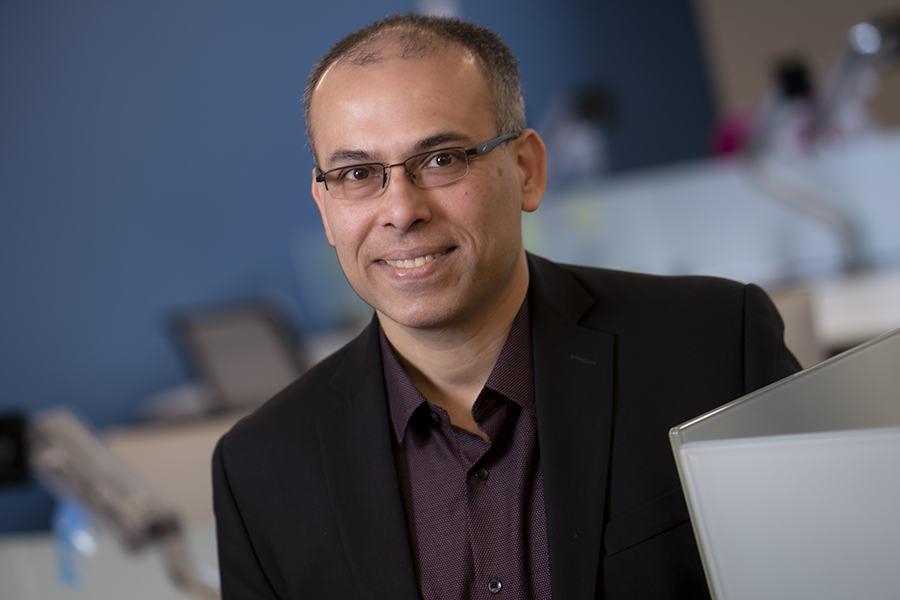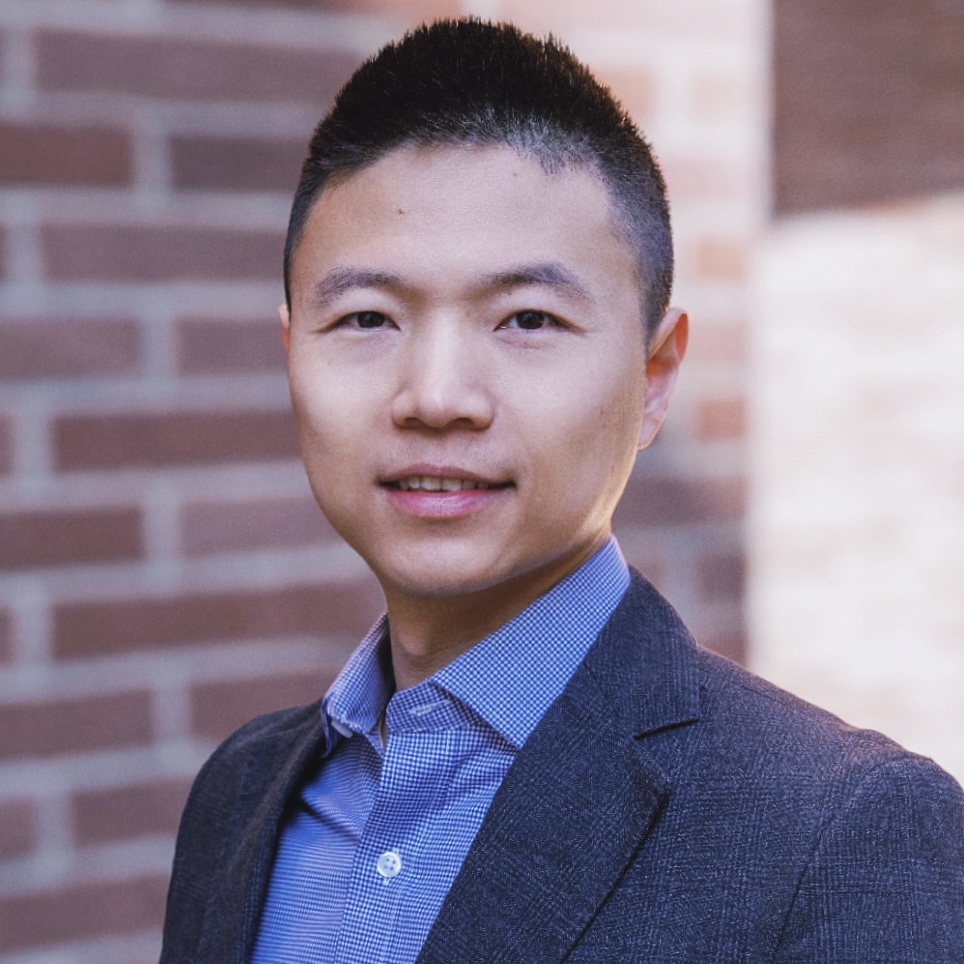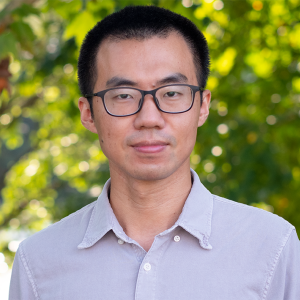Abstract
Cyber-Physical Systems (CPS) are typically composed of interconnected hardware and software components, which individually may not be inherently highly reliable or secure. However, several CPS applications demand a high degree of safety, security, and reliability. Thus, the fundamental problem is constructing highly dependable CPS applications from building blocks that are, in themselves, not inherently reliable. There has been enormous progress made in understanding and patching various classes of vulnerabilities in large-scale distributed CPS.
Performance Period: 06/15/2024 - 05/31/2029
Award Number: 2333489
Abstract
Cyber-Physical Systems (CPS) are typically composed of interconnected hardware and software components, which individually may not be inherently highly reliable or secure. However, several CPS applications demand a high degree of safety, security, and reliability. Thus, the fundamental problem is constructing highly dependable CPS applications from building blocks that are, in themselves, not inherently reliable. There has been enormous progress made in understanding and patching various classes of vulnerabilities in large-scale distributed CPS.
Performance Period: 06/15/2024 - 05/31/2029
Award Number: 2333491
Abstract
Cyber-Physical Systems (CPS) are typically composed of interconnected hardware and software components, which individually may not be inherently highly reliable or secure. However, several CPS applications demand a high degree of safety, security, and reliability. Thus, the fundamental problem is constructing highly dependable CPS applications from building blocks that are, in themselves, not inherently reliable. There has been enormous progress made in understanding and patching various classes of vulnerabilities in large-scale distributed CPS.
Saurabh Bagchi
Saurabh Bagchi is a Professor of Electrical and Computer Engineering and Computer Science at Purdue University in West Lafayette, Indiana. His research interest is in secure and reliable computing. He leads the National Science Foundation center CHORUS (2024-29) on resilient cyber-physical systems and Army's Artificial Intelligence Innovation Institute (A2I2) on assured autonomous operations. He is a member of International Federation for Information Processing (IFIP) and a Fellow of the Institute of Engineering and Technology (IET) (2022). Saurabh is proudest of the 25 PhD students and about 30 Masters thesis students who have graduated from his research group and who are in various stages of building wonderful careers in industry or academia. Saurabh serves as the founder and CTO of a cloud computing startup, KeyByte (2022). Saurabh received his MS and PhD degrees from the University of Illinois at Urbana-Champaign and his BS degree from the Indian Institute of Technology Kharagpur, all in Computer Science.
Performance Period: 06/15/2024 - 05/31/2029
Award Number: 2333487
Abstract
The seamless interaction between humans and smart technologies represents a significant opportunity, but it also presents a daunting set of challenges. Understanding the intricate interactions between CPS and humans is essential for shaping the ultimate societal outcomes of future CPS technologies, particularly within the realm of Human-Cyber-Physical Systems (HCPS).
Performance Period: 01/01/2024 - 12/31/2028
Award Number: 2339266
Abstract
Human-centric cyber-physical systems (CPS) such as assistive driving and exoskeletons aim to augment human capabilities instead of replacing humans. Humans can collaborate with these machines to overcome corner cases and demonstrate the correct action under safety-critical situations. Such human collaboration enables the human-centric CPS to achieve a better outcome than either could achieve alone. In this project, investigators will develop an efficient human-in-the-loop learning framework for human-centric CPS.
Performance Period: 10/01/2024 - 09/30/2027
Award Number: 2344956
Abstract
To feed the world?s growing population, food production must increase by an estimated 70% by 2050. Achieving food security by minimizing supply fluctuations and adjusting to the growth in food demand presents many challenges that will require major adjustments in current agricultural practices, most importantly in controlled-environment agriculture (CEA). Current CEA facilities consume substantial energy, hence making this technology energy-hungry and preventing their wider adoption.
Performance Period: 10/01/2024 - 09/30/2027
Award Number: 2330216
Abstract
To feed the world?s growing population, food production must increase by an estimated 70% by 2050. Achieving food security by minimizing supply fluctuations and adjusting to the growth in food demand presents many challenges that will require major adjustments in current agricultural practices, most importantly in controlled-environment agriculture (CEA). Current CEA facilities consume substantial energy, hence making this technology energy-hungry and preventing their wider adoption.
Performance Period: 10/01/2024 - 09/30/2027
Award Number: 2330217
Abstract
To feed the world?s growing population, food production must increase by an estimated 70% by 2050. Achieving food security by minimizing supply fluctuations and adjusting to the growth in food demand presents many challenges that will require major adjustments in current agricultural practices, most importantly in controlled-environment agriculture (CEA). Current CEA facilities consume substantial energy, hence making this technology energy-hungry and preventing their wider adoption.
Performance Period: 10/01/2024 - 09/30/2027
Award Number: 2330214
Abstract
Human-centric cyber-physical systems (CPS) such as assistive driving and exoskeletons aim to augment human capabilities instead of replacing humans. Humans can collaborate with these machines to overcome corner cases and demonstrate the correct action under safety-critical situations. Such human collaboration enables the human-centric CPS to achieve a better outcome than either could achieve alone. In this project, investigators will develop an efficient human-in-the-loop learning framework for human-centric CPS.
Bolei Zhou
I am an Assistant Professor in Computer Science at the University of California, Los Angeles. My research focus is on computer vision and machine autonomy. My homepage is at https://boleizhou.github.io/.
Performance Period: 10/01/2024 - 09/30/2027
Award Number: 2344955
Abstract
To feed the world?s growing population, food production must increase by an estimated 70% by 2050. Achieving food security by minimizing supply fluctuations and adjusting to the growth in food demand presents many challenges that will require major adjustments in current agricultural practices, most importantly in controlled-environment agriculture (CEA). Current CEA facilities consume substantial energy, hence making this technology energy-hungry and preventing their wider adoption.
Performance Period: 10/01/2024 - 09/30/2027
Award Number: 2330215
Feedback
Feedback
If you experience a bug or would like to see an addition or change on the current page, feel free to leave us a message.


